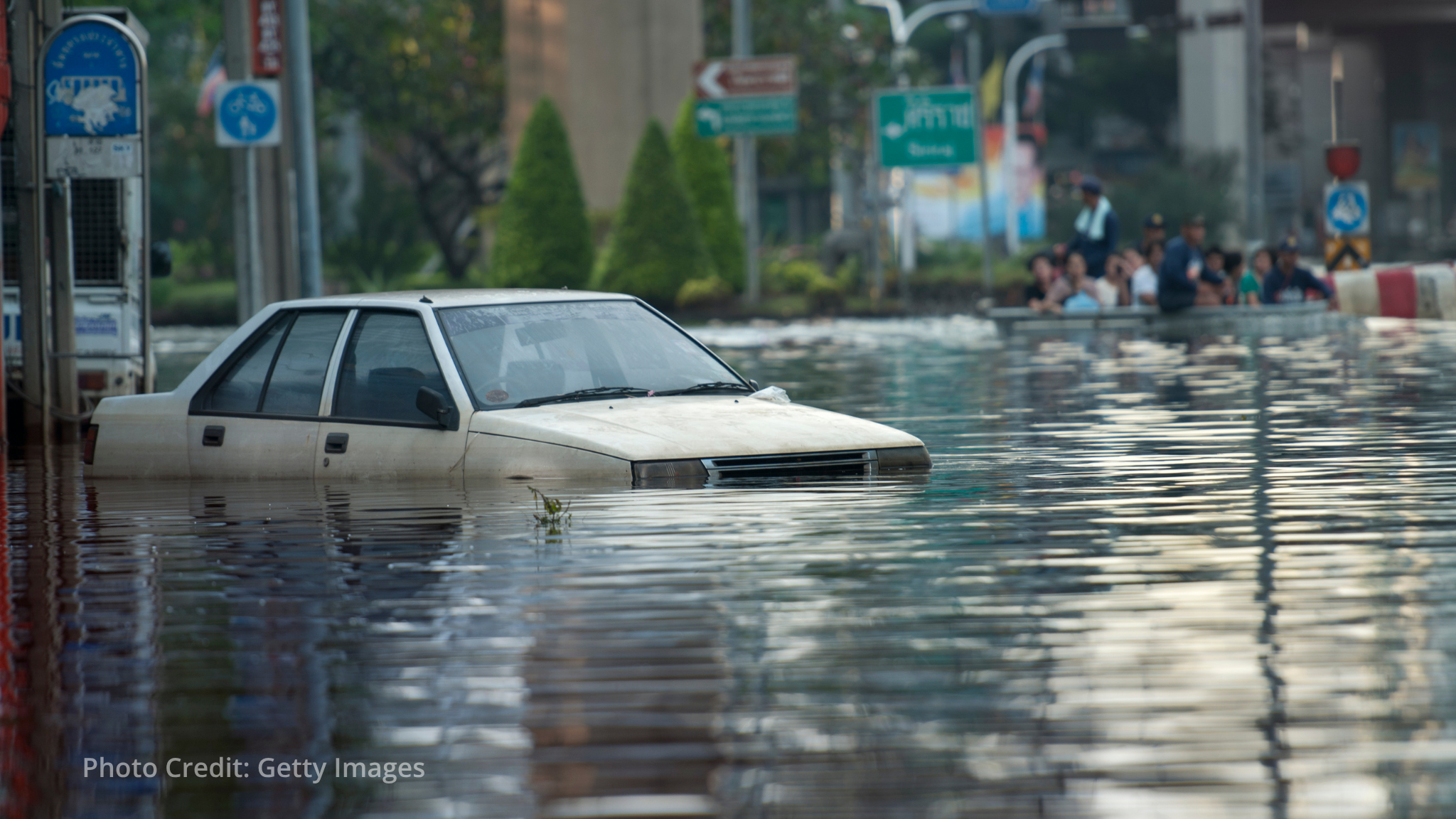The European Commission proposed nearly €1.6 billion in EU funds to help Spain recover from the devastating DANA floods that hit Valencia in October 2024, according to a press release. The package includes €945 million from the EU Solidarity Fund and €645 million reallocated from Spain’s cohesion policy funds through the RESTORE mechanism. The floods killed more than 230 people and caused massive damage to homes, schools, hospitals, and transport networks across the Valencia region. This marks the second-largest EU Solidarity Fund allocation ever, after the €1.2 billion given to Italy following earthquakes in 2015-2016. Spain already received a €100 million advance payment in April 2025 to start recovery work.
DANA stands for “high-altitude isolated depression” in Spanish and refers to a weather system that can dump enormous amounts of rain in short periods. The October 2024 event brought relentless downpours that overwhelmed Valencia’s drainage systems and caused severe flooding across the region. The disaster destroyed infrastructure, businesses, and communities that had taken decades to build. Climate change is making these extreme weather events more frequent and intense across southern Europe. Spain has been working on recovery efforts for almost a year but needs major international help to rebuild properly.
European Commission President Ursula von der Leyen said the devastation “deeply touched Europe” and that the climate disaster “united us in shared sorrow and solidarity.” She met with families who lost loved ones in the floods and promised EU support for recovery work. The EU Solidarity Fund will pay for repairing infrastructure, providing temporary housing, strengthening flood defenses, preserving cultural sites, and clean-up operations. The RESTORE funds will help rebuild roads, metro lines, health centers, and schools while also supporting climate adaptation projects and helping small businesses restart operations.
The EU will cover up to 95% of eligible costs through the RESTORE program, making it easier for Spain to fund the massive reconstruction effort. Both funding streams can pay for emergency measures going back to the first day the storm caused damage. The money shows how the EU responds when member countries face major disasters that overwhelm their own resources. This level of support helps Spain build back better and prepare for future climate-related emergencies that are likely to become more common.

